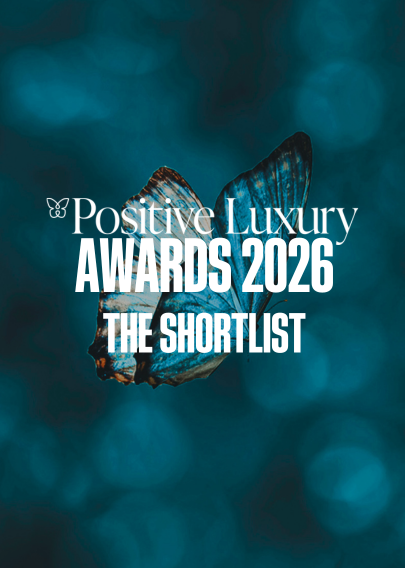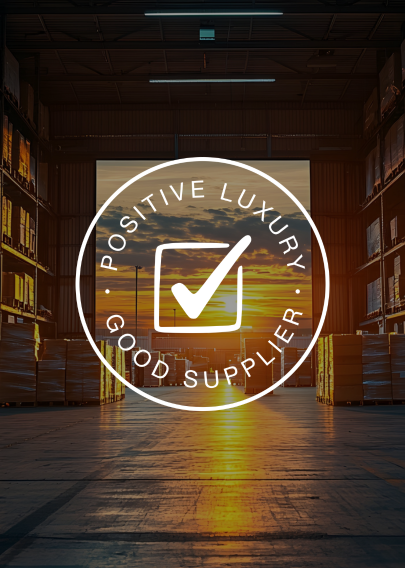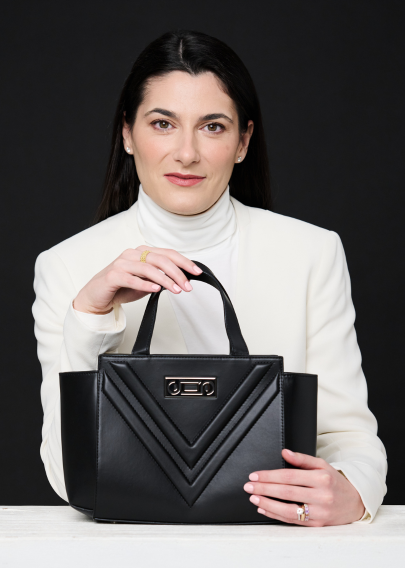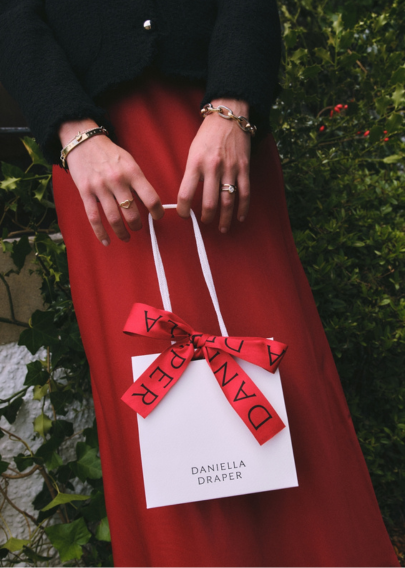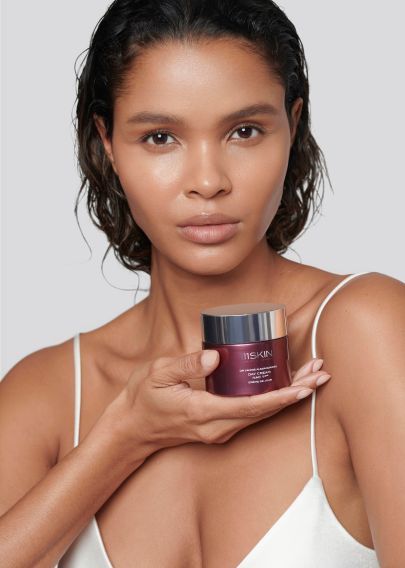Ruth Faulkner
Managing Editor | Retail Jeweller
What were you looking for as a judge from the shortlist?
As a judge, I was looking for brands that demonstrated a genuine, measurable commitment to sustainability – beyond just words or marketing. I focused on how brands were integrating sustainability into their entire business model. Transparency and accountability were also key factors; I wanted to see real impact rather than just good intentions.
Why is it important for the Positive Luxury Awards to celebrate innovation and sustainability?
The luxury industry has a significant influence on global supply chains, so recognising leaders in sustainability helps set a higher standard for the entire sector. By celebrating innovation, we encourage brands to push boundaries – whether that’s through pioneering materials, responsible craftsmanship, or fair labour practices. These awards also highlight the progress being made, inspiring other businesses to follow suit and proving that sustainability and luxury can go hand in hand.
How important do you think transparency around sustainability initiatives is to the consumer?
Transparency is critical. Today’s consumers are more informed and conscious of their purchasing decisions, especially in the luxury market where provenance and ethics are increasingly valued. Greenwashing is a real issue, so brands need to back up their sustainability claims with data and clear reporting.
Why are you supporting the work Positive Luxury is doing?
Positive Luxury plays a vital role in driving meaningful change within the industry by holding brands accountable and offering them a framework to improve. The Butterfly Mark certification sets a benchmark for responsible business best practices.
In the current economic uncertainty, why should luxury businesses invest in sustainability?
Sustainability isn’t just a moral choice – it’s a smart business strategy. Consumers are increasingly loyal to brands that align with their values, and regulatory pressures around environmental and social responsibility are only increasing. Investing in sustainability now helps future-proof businesses against these changes, ensuring long-term resilience and relevance. In tough economic times, consumers may buy less, but they are more discerning.



